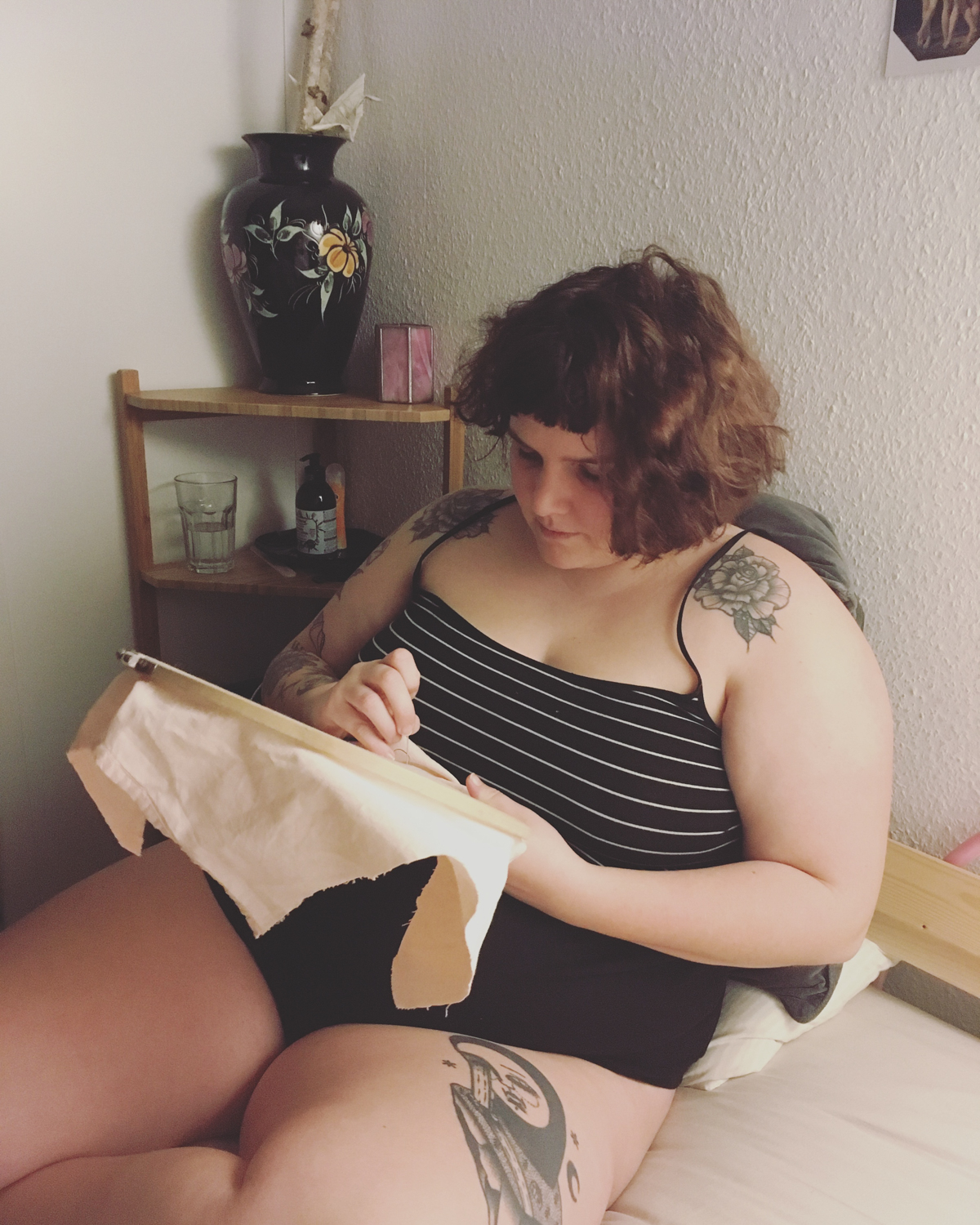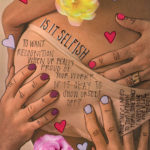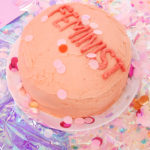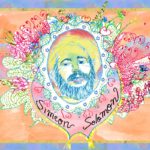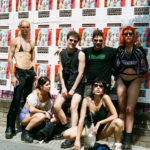How would you describe yourself as a creator? Sarah: I would describe myself as an…
Radical Cuteness
Interview with embroidery artist Sarah Waschke8 September 2020
Sarah Waschke @radicalcuteness approaches feminist, queer, and body-positive issues with her work. She specialises in embroidery art, working with fabrics, needle, and thread.
Your art has to do with body positivity and sexual liberation (among other things). What stigmas are you trying to dismantle with your artwork? What do you hope to accomplish with your artwork?
Sarah: I want people to see themselves as beautiful even if society’s beauty standards and people around them have made them feel otherwise. One of my intentions is to make fat bodies visible in the art world and showing that being fat is nothing to be ashamed of, although it’s most people’s biggest fear to look like one of us. Usually fat people get told their whole life they need to change their body to be accepted, so I want to show them they are worthy and they don’t need to change. Society needs to.
How and when did you start to learn the art of embroidery? Why does this method speak to you more than others? We would also love to hear more about how you got started.
Sarah: I was always interested in anything related to crafting. I started sewing when I was twenty but it took me until 2014 to start embroidery after spending a lot of time on tumblr and discovering craftivism. During this time I became aware of the body positive movement. It took me until 2015 to finally realise through this movement that I didn’t need to show myself living a healthy lifestyle to be one of the “good fatties“ or to be worthy. I decided to make embroideries which showcase body positivity and feminist issues while improving my embroidery skills.
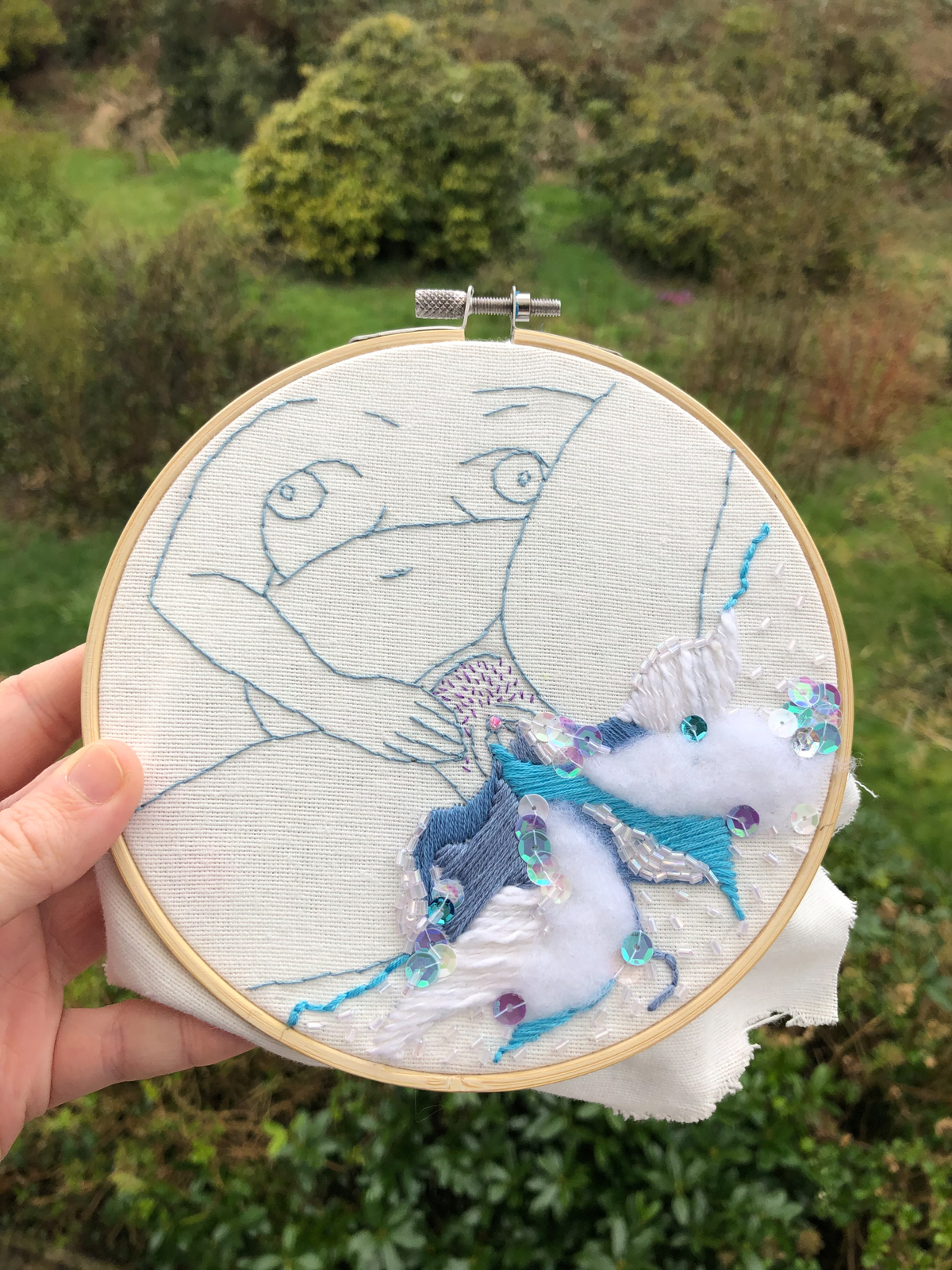
Do you feel there is something inherently subversive (and thus powerful and political) about taking a craft that is traditionally tied to traditional gender roles and ideas/expectations about womxn and using this to create statements that are pro femxle sexual liberation, pro fat acceptance, and pro queer?
Sarah: Definitely. I wrote a little article about feminist stitching in 2019. The origin of this textile art form is kind of patriarchal. It was used to keep the womxn busy so they wouldn’t think about standing up for their rights.
Textile art is still widely considered feminine and is very underestimated in high art. At the beginning of the 20th century, womxn were only able to study art by taking textile classes, as they weren’t allowed to attend regular art classes.
So I think textile work is definitely part of the structural oppression of womxn. This is why I think it‘s so important to turn this medium into something empowering and use it for activism and intersectional political work. I like to show that doing textile work has nothing to do with participating in traditional gender roles.
Does your interest in tackling social issues using your art come from personal experience?
Sarah: I was bullied for being too fat my whole life and I‘m still trying to unlearn my self-destructive behavior when it comes to body issues. I suffered from disordered eating as the result of slipping from one diet into another to fit society‘s standards of how a body should look like. Also coming out as gay to my friends and family at the age of fifteen didn‘t make anything easier. A former friend‘s mom once told me I was only a lesbian because I was too fat to get a boyfriend. Viewing my body type in an artistic way and focussing on the beauty of fat and queer bodies helped me to see the beauty in me.

How has your artwork been received by others?
Sarah: I’m actually getting very positive feedback on my artwork. A lot of people struggling with body image feel empowered by the way I portray fat bodies. I like to stitch the figures without a face so people can imagine themselves in my art pieces and accept the beauty of their body.
On another note there are a few negative comments on my art, mostly by men cause they feel excluded or that my art is too explicit.
Do most of your sales take place domestically in Germany, or is your work bought globally? Is there any country where your work is particularly popular?
Sarah: I think so. Most of my embroideries are bought in Germany and some other European countries like France, Switzerland, and U.K. etc. but my work is also bought in the U.S. and I have also sold once to an Australian customer.

Why do you use a pseudonym? How was this idea born?
Sarah: The idea of a pseudonym came to me cause I don‘t think my name is very recognisable. I always dreamt about having a less common name. It was also a time where I couldn‘t see myself as an artist. I was ashamed of calling myself an artist and it was easier for me to build @radicalcuteness as a kind of brand to showcase my work. I’ve now come to the conclusion that you don’t have to study art to be an artist, but back then I was very afraid of the expectations people could have by calling myself an artist under my real name.
Regarding the name “Radical Cuteness” – is there a political intention behind using the phrase “radical”? And do you view your political views as “radical”?
Sarah: I don‘t think my art is that radical but when you do anything else but what society expects, you get perceived as radical. Showing a fat person masturbating and enjoying sexual activity is seen as radical. Showing queer people in love is seen as radical.
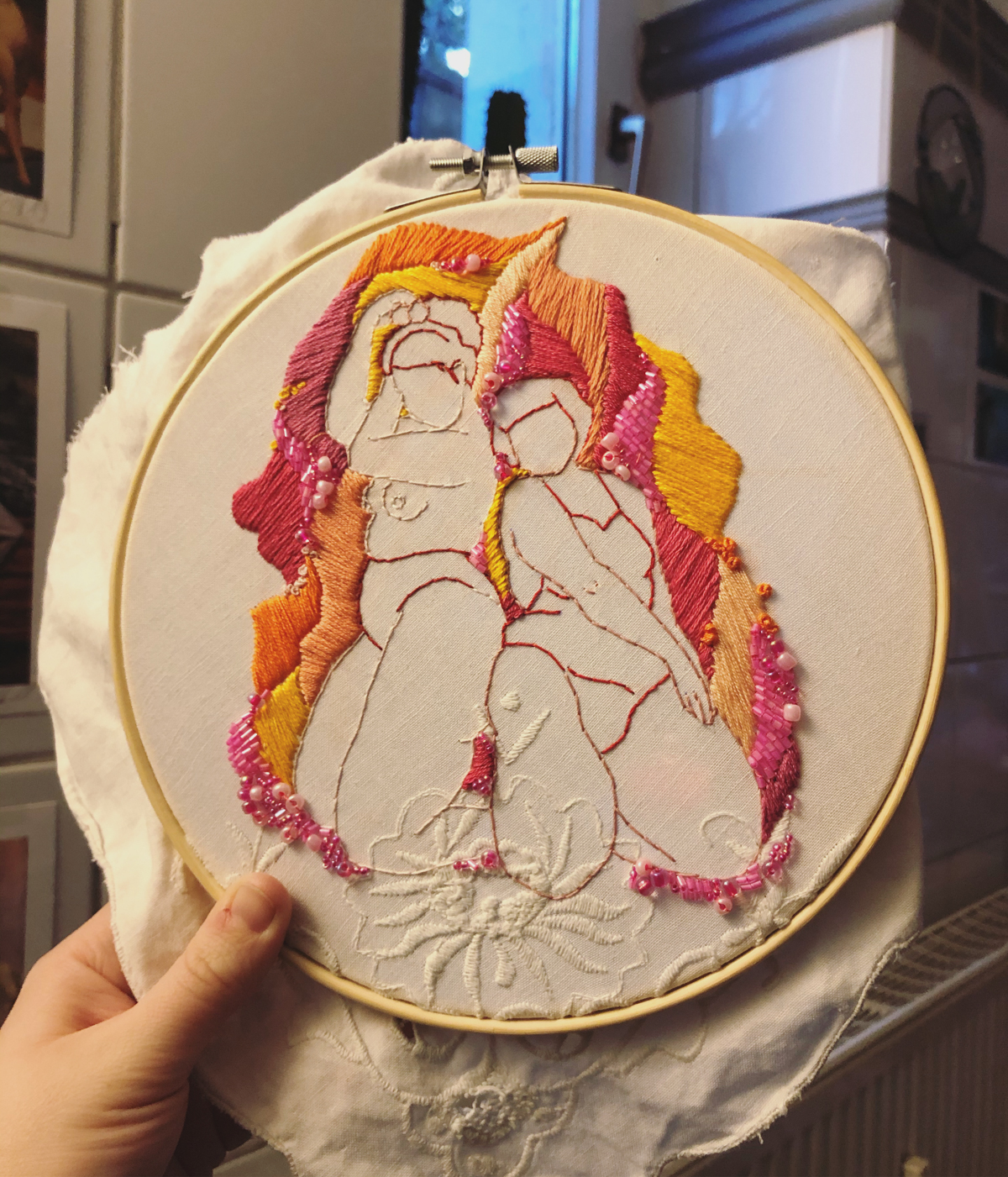
In your opinion: Is art inherently political?
Sarah: Obviously there’s a political intention with my art. Fat activism is a feminist issue and I think it is important to make art that covers more than just one body type. I want to help shift society’s beauty standards from thin, white, cis, abled bodies, to a range of sizes and shapes – which we clearly have in today’s society.
What are your summer plans both professional and personal? [note: the interview was conducted before the summer]
Sarah: My summer plans include a lot of self care and spending time with my friends while, of course, keeping the codes of social distancing during the pandemic.
There’s also a project I started in 2019 which I would like to exhibit soon. It‘s a very personal series about body issues and existing in this world as a fat person. I’m really looking forward to taking some more risks with my artwork and working on bigger pieces.
_
Original artwork and photographs provided by Sarah Waschke @radicalcuteness. Follow her on Instagram to keep up with her work. For more Art & Culture, click here.



